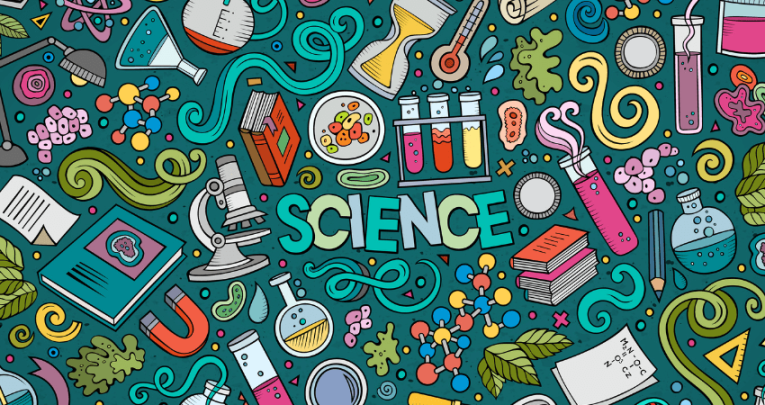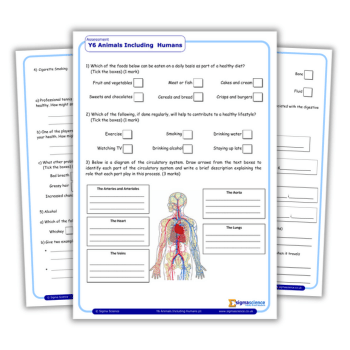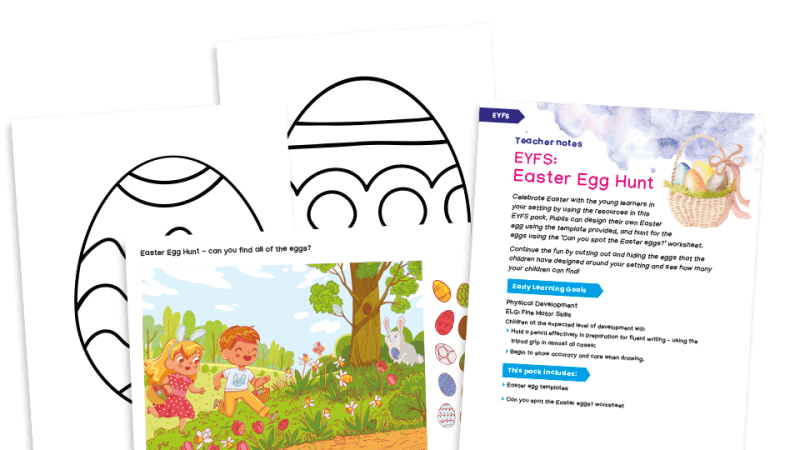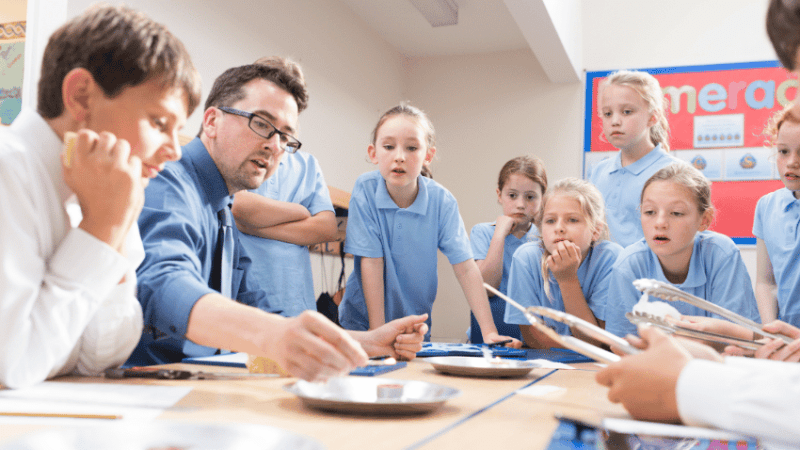Primary science – Teaching recommendations from the EEF

Get the lowdown on the EEF’s latest guidance from its Chief Executive, Professor Becky Francis CBE…

Primary science is a core subject in the national curriculum. It helps to build strong foundations on which we can build future learning. It can also spark an initial enthusiasm for science that leads to later study or even a career in STEM.
However, historically, science has taken something of a back seat to English and maths in terms of its level of priority within wider school development plans.
On top of this, some research suggests that primary school teachers lack confidence in specific aspects of science teaching.
Some are apprehensive about practical work, as it may be more difficult to manage pupil behaviour during tasks. Others feel they need more technical knowledge to deliver the specifications of the primary science curriculum. Teachers often cite resourcing lessons as a common challenge.
Why primary science matters
The gains we can win from good primary science provision are significant though. This is especially the case for children from socio-economically disadvantaged backgrounds. Their progress and outcomes benefit particularly from high-quality teaching.
Great science teaching also provides ‘science capital’. This helps disadvantaged pupils to better access opportunity and advancement when they enter employment.
External accountability bodies also now emphasise the importance of schools delivering a broad and balanced curriculum. Strong science teaching is a component of this. It’s therefore crucial that primary school teaching staff and senior leadership are supported to reflect on and refine their science provision.
This is why the EEF has put together a new research-driven guidance report, Improving Primary Science. It empowers science teachers and leaders in primary schools in their practice. The report is based on findings from a thorough review of the best international evidence on primary science teaching.
They analysed a broad range of research to identify the particular approaches that have proved effective at raising science attainment in primary classrooms.
With the help of leading academics and expert science teachers, these research findings have been refined into six actionable recommendations. Taken together, these can make a real difference for science learning in primary schools (see below).
Each of the recommendations zooms in on a specific aspect of science teaching. These are areas that the research suggests can have a positive impact on pupil outcomes. This includes models, worked examples and suggested strategies.
How to make science shine in your school
Putting anything new into practice takes a thoughtful, considered approach. Schools are complicated ecosystems. Each have particular processes, leadership structures, student bodies and local contexts. This is where the role of the science subject lead comes in.
A big part of a science lead’s job is to champion any changes or innovations to science provision in their schools. However, the role is also about harnessing their knowledge and experience of the challenges particular to their context, and letting this expertise lead their decision-making around which strategies to prioritise and how to approach implementing them.
Whilst science leads are the key drivers in bringing about lasting improvements to teaching, they can’t do it alone. Without sustained support and buy-in from their senior leadership team, they are less likely to succeed in their work.
It’s essential that subject leads have the time and capacity to identify specific areas for improvement across the school. They need to analyse trends in pupil data, observe lessons, consult fellow teaching staff and look for high-quality professional development opportunities that could address the priorities they identify.
Professional development
Recommendation six of the guidance report highlights the importance of professional development in supporting sustained, meaningful improvement to primary science teaching practice. But it’s vital that science leads can judge the quality and relevance of professional learning opportunities before they deliver them to teaching staff.
It’s important that science leads look for training that exemplifies certain qualities, to maximise the likelihood that it will have the desired impact on teaching practice, and in turn, learning outcomes.
There are several commercially available professional development programmes designed to support primary science. The EEF has rigorously evaluated some of these. TAPS (Teacher Assessment in Primary Science) and Thinking, Doing, Talking, Science were shown to have a positive impact on pupil outcomes in these trials. Other CPD programmes have yet to be tested for impact.
Our research on the core elements of effective professional development suggests that high-quality training builds knowledge, motivates staff, develops teaching techniques and focuses on how new approaches will be embedded.
The report also acknowledges that lasting behaviour changes take time. They need to be put in place as part of a carefully planned process that takes a long-term view of implementation.
Supporting meaningful change in schools is not easy – it takes collective, sustained effort to make lasting improvements to teaching and learning.
However, it’s our hope that these recommendations will bring clarity around what high-quality science teaching can look like in the classroom, as well as empowering science teachers and leaders in their roles.
The recommendations in brief
1. Develop pupils’ scientific vocabulary
Identify important scientific vocabulary, explicitly teach it, and create opportunities to engage with these key words repeatedly over time.
2. Encourage pupils to explain their thinking, whether orally or in writing
Whether through high-quality talk or written tasks, supporting pupils to explain their thinking helps them to recall, organise, and express their ideas, refine their understanding, and think scientifically.
3. Guide pupils to work scientifically
Explicitly teaching the knowledge and skills required to work scientifically, guiding pupils to apply this in practice, and providing opportunities for discussion and reflection can all support scientific development.
4. Relate new learning to relevant, real-world contexts
Relating learning to relevant, real-world contexts can help pupils to develop an understanding of science, demonstrate its purpose and highlight its relevance by connecting it to pupils’ experiences.
5. Use assessment to support learning and responsive teaching
Assessing learning before a new topic to inform planning (diagnostic assessment), and during teaching (formative assessment) is crucial for high-quality teaching in any subject.
6. Strengthen science teaching through effective professional development (PD) as part of an implementation process
We need to carefully implement professional development if we want it to impact practice. Schools should introduce new approaches or pedagogy as part of a wider process in which professional development needs are identified and monitored.
Improving Primary Science is available to download free from the EEF’s website. The report is accompanied by three other resources designed to support professional conversations around how to implement the recommendations. For more information on supporting teacher professional development, see the Effective Professional Development guidance report.
Professor Becky Francis CBE is Chief Executive Officer of the Education Endowment Foundation. Throughout her career, Becky has sought to maximise the impact of academic research by working closely with teachers and policy makers.












